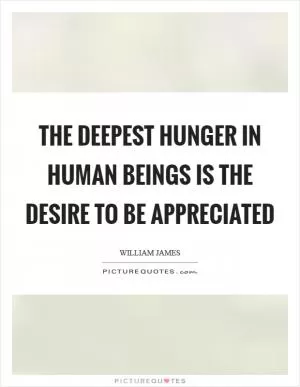I don't sing because I'm happy; I'm happy because I sing

I don't sing because I'm happy; I'm happy because I sing
The quote "I don't sing because I'm happy; I'm happy because I sing" is a powerful statement that encapsulates the idea of the mind-body connection and the impact that our actions can have on our emotions. This concept is closely related to the teachings of William James, a prominent American psychologist and philosopher who is considered one of the founding figures of modern psychology.William James believed in the power of the mind to shape our experiences and emotions. He argued that our thoughts and actions have a direct influence on our feelings and that by changing our behavior, we can change our emotional state. This idea is often referred to as the James-Lange theory of emotion, which suggests that emotions are a result of our bodily responses to stimuli.
In the context of the quote, "I don't sing because I'm happy; I'm happy because I sing," we can see how this idea applies. Singing is an action that can bring joy and happiness to the singer, regardless of their initial emotional state. By engaging in the act of singing, the individual is able to shift their focus away from negative thoughts or feelings and instead immerse themselves in the music and the act of creating sound. This can lead to a sense of release, catharsis, and ultimately, happiness.
James believed that by changing our behavior and engaging in activities that bring us joy and fulfillment, we can positively impact our emotional well-being. This idea is supported by research in positive psychology, which has shown that engaging in activities that bring us pleasure and meaning can increase our overall sense of happiness and well-being.












 Friendship Quotes
Friendship Quotes Love Quotes
Love Quotes Life Quotes
Life Quotes Funny Quotes
Funny Quotes Motivational Quotes
Motivational Quotes Inspirational Quotes
Inspirational Quotes